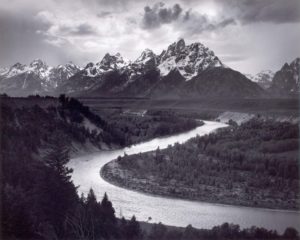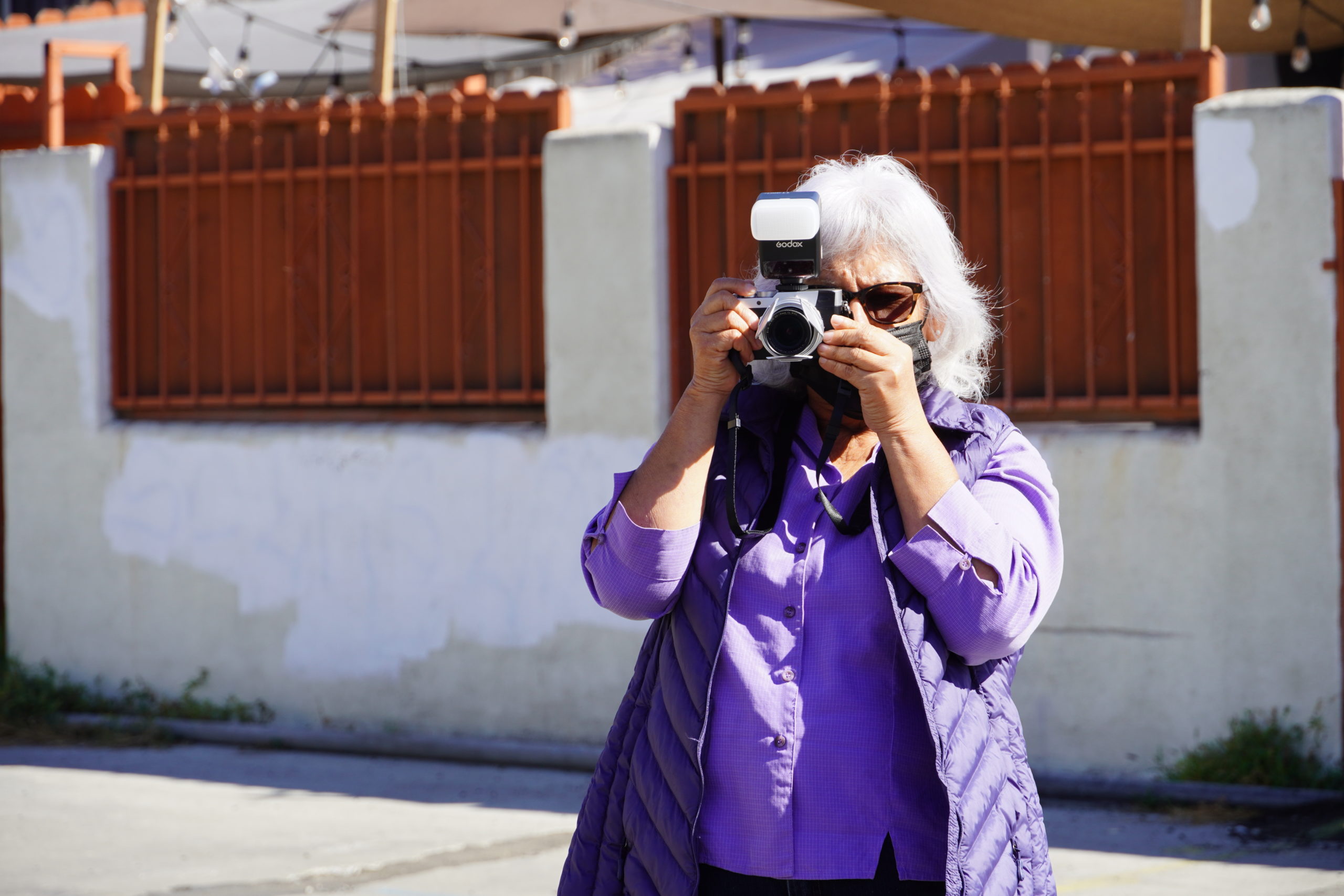Using the Power of Film to Make a Difference
The Museum of Photographic Arts Presents the 2012 Human Rights Watch Film Festival
The Human Rights Watch Film Festival will travel to San Diego for its second year, with screenings scheduled at the Museum of Photographic Arts from January 20 through January 23, 2011. Declared the “cinematic conscience of the world” by the New York Times, the Human Rights Watch Film Festival realizes the power of film to make a difference. The festival includes six films covering a wide range of current human rights issues, from detainee treatment at the Guantanamo Bay detention facility to the destructive force of the sex trafficking industry.
“Our partnership with the Human Rights Watch Film Festival is a natural fit for our mission,” said Deborah Klochko, executive director of the Museum of Photographic Arts.“Photography and film have historically, and currently, played vital roles in raising awareness about and documenting human rights issues, giving image to those that need to be seen and voice to those that need to be heard.”
Human Rights Watch is one of the world’s leading independent organizations dedicated to defending and protecting human rights. Its rigorous, objective investigations and strategic, targeted advocacy build intense pressure for action and raise the cost of human rights abuse. For more than 30 years, Human Rights Watch has fought to bring greater justice and security to people around the world.
“Through film, we bear witness to human rights violations and create a forum for individuals on both sides of the lens to be informed and empowered,” said Shira Roman, the San Diego director at Human Rights Watch. “We are honored and delighted to have the Museum of Photographic Arts as the San Diego home of the Human Rights Watch film festival, and we tremendously appreciate the support and enthusiasm of the local organizations that partnered with us for this festival. Together, we are using the art of filmmaking to bring human rights stories to large and diverse audiences in San Diego.”
Friday, January 20, 7:00 pm
Love Crimes of Kabul
Followed by Q&A with Huma Ahmed-Ghosh, chair of Women Studies at SDSU and moderated by Jenni Prisk, founder of Voices of Women
Jailed for running away from home to escape abuse, for allegations of adultery, and other “moral crimes,” the women of Afghanistan’s Badum Bagh prison band together to fight for their freedom. The film follows three young prisoners as they go to trial, revealing the pressures and paradoxes that women in Afghanistan face today, and the dangerous consequences of refusing to fit into society’s norms.
Saturday, January 21, 1:00 pm
Granito: How to Nail a Dictator
Followed by a Q&A session with the filmmakers.
Part political thriller, part memoir, Granito takes us through a haunting tale of genocide and justice that spans four decades, two films, and filmmaker Pamela Yates’s own career. Granito is a story of destinies joined together by Guatemala’s past and of how a documentary film from 1982, When the Mountains Tremble, emerges as an active player in the present by becoming forensic evidence in a genocide case against a military dictator.
Saturday, January 21, 3:00 pm
When the Mountains Tremble
Followed by a Q&A session with Granito filmmakers.
In the early 1980s, death squads roamed the Guatemalan countryside in a war against the unarmed indigenous population that went largely unreported in the international media. Filmmakers Pamela Yates and Newton Thomas Sigel, threw themselves into the task of bringing the crisis to the world’s attention by making a documentary that took them into remote areas of the country where massacres of civilians were taking place.
Saturday, January 21, 7:00 pm
The Price of Sex
Followed by a Q&A session with the filmmaker Mimi Chakarova.
Intimate and revealing, The Price of Sex is a feature-length documentary about young Eastern European women who have been drawn into a world of sex trafficking and abuse. Filming undercover and gaining extraordinary access, Chakarova illuminates how even though some women escape to tell their stories, sex trafficking thrives.
Sunday, January 22, 3:00 pm
If a Tree Falls
Followed by a Q&A session with Andrea Prasow, senior counsel, Human Rights Watch.
How far would you go to create change?In December 2005 Daniel McGowan, a prominent New York City social justice organizer, was arrested by federal agents in a nationwide sweep of activists linked to crimes by the Earth Liberation Front (ELF)—a group the FBI has called America’s “number one domestic terrorism threat.” By providing a closer look at the group’s disillusionment with the strategies of non-violent protest – in which they suffer police abuse and public indifference – the film poses difficult questions about the possibility of effecting change from within the system and examines the raised stakes post 9/11 where the “terrorist” tag is broadly applied.
Sunday, January 22, 7:00 pm
You Don’t Like the Truth – 4 Days inside Guantanamo
Followed by a Q&A session with Andrea Prasow, senior counsel, Human Rights Watch.
You Don’t Like the Truthis a shocking documentary based on security camera footage from an encounter in Guantanamo Bay between a team of Canadian intelligence agents and Canadian citizen Omar Khadr, then a 16-year-old detainee. Based on seven hours of video footage recently declassified by the Canadian courts, this documentary delves into the unfolding high-stakes game of cat and mouse between captor and captive over a four-day period.
Monday, January 23, 10:30 am
Youth Producing Change
Free for Title I Schools – Call 619.238.7559 X229 to reserve.
Followed by a Q&A session with Ethan van Thillo, executive director, Media Arts Center.
Teen filmmakers turn the camera on their own struggles for human rights and invite audiences to experience the world as they do – as a Kenyan teenager living in Africa’s second largest slum, as a 15-year-old girl in India who needs to choose between supporting her family or getting an education, or as a 14-year-old Afghan seeking asylum in the UK after fleeing the war-torn country where his father was killed. Youth Producing Change shares 11 powerful stories made by teens from across the globe as they share their vision of change.
Ticket Information: Single screening tickets for the 2012 Human Rights Watch Film Festival are $4 for MOPA Members, $6 for students, seniors and military service members and $8 for the general public. Festival passes are available for purchase and cover admission to all six festival films. Festival passes are $15 for MOPA Members, $25 for students, seniors and military service members and $35 for the general public.
Press Inquiries
Press Coordinator


